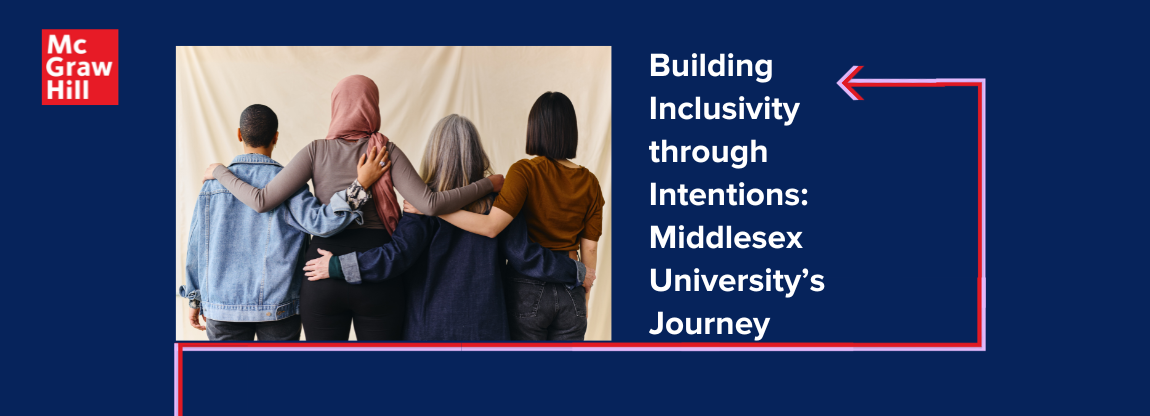Building Inclusivity through Intentions: Middlesex University’s Journey
“Diversity is in our DNA.”
~ Anna Kyprianou, Pro Vice-Chancellor for EDI at Middlesex University
Middlesex University, with its 40,000 students from 167 countries, has always had EDI efforts in mind; thinking on the subject is nothing new. But a shift happened in the Science department there after the video of George Floyd’s arrest begun circulating widely on social media.
For Dr. Sandra Appiah, a Senior Lecturer in biochemistry at the university, something in her changed on the back of the footage. Despite racial injustices being something she was accustomed to, for her, this felt different. It made her begin to question if there was more she could do to address inequalities in her role as a lecturer.
Digging into EDI work at Middlesex, Sandra found that an enormous amount of effort was already being undertaken. Keen to play a part in that, she dived into various projects and initiatives, all with the goal of creating both a curriculum and a culture that had EDI at its heart. She partnered closely with Deeba Gallacher, the head of the Centre for Academic Practice Enhancement, as well as students from the Student Union.
Working with colleagues across the university, they sought to “formalise” projects and processes around enhancing inclusivity. Teams looked at reading lists and they worked with providers to bolster the number of Black and Brown authors included in those; they reviewed attainment data to see if there were gaps in learner outcomes; they set up frameworks to ensure courses were being built with inclusivity in mind. At the heart of this activity was the idea of intentionality; of being deliberate.
“Everyone will agree EDI is important but being intentional is the hook that brings about change. This is the difference.”
~ Anna Kyprianou, Pro Vice-Chancellor for EDI at Middlesex University
The team at Middlesex didn’t focus their efforts solely on what was being taught. They were also keen to build upon projects that moved the needle at a cultural level. They set up forums to share best practices and they set up working groups to ask questions in a safe space; they partnered with external religious groups to better understand complexities they weren’t experts in, and they thought deeply about scene setting at the start of term and who they offered bursaries and awards to. As with the efforts at a curriculum level, at the core of their work was the idea of intentionality.
Assessing the progress of projects linked to diversity and equity isn’t an easy feat. The team at Middlesex know that EDI is never finished and will never be complete; demographics change and patterns evolve.
But one way of testing the success of the initiatives in place is a simple one: asking the learners. The team at Middlesex collaborate closely with students who share their views on topics integral to the university’s strategy, with EDI projects being one.
“The students are speaking about it, the lecturers are speaking about it, and the non-academic staff are talking about it.”
Anastasia Calin is the former MDX-Student Union Vice President of the Faculty of Science and technology. From Romania, she appreciates the thought and effort the staff at the university have put in place around EDI. She can see that staff have thought carefully about who to bring in at the start of academic journeys to make them feel welcome, and she can see reading lists that nod to a diverse author set. She can also feel the effort being undertaken as whole to enhance dialogue around it.


